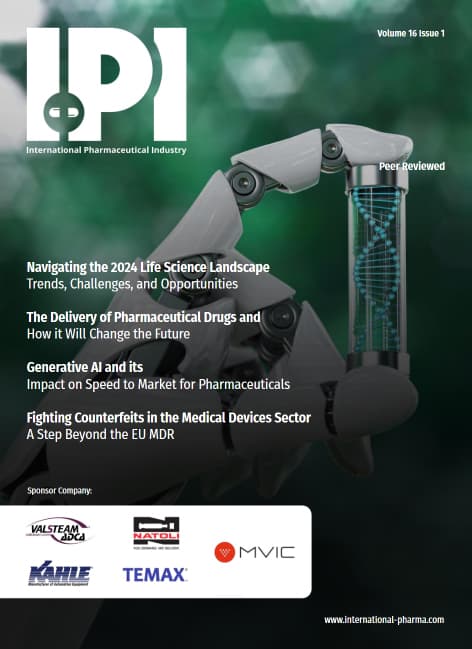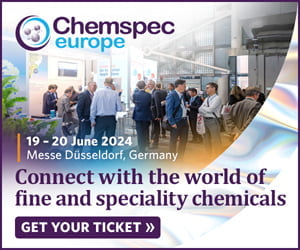SK bioscience (SK) and GlaxoSmithKline plc (GSK) today announced the initiation of Phase 3 clinical study of SK’s COVID-19 vaccine candidate, GBP510, in combination with GSK’s pandemic adjuvant following positive interim Phase 1/2 results.
The randomised, active-controlled global trial will enrol around 4,000 participants from a range of countries and will aim to evaluate GBP510’s safety and immunogenicity compared to an active comparator – the AstraZeneca/Oxford University COVID-19 vaccine. The study will be one of the first global Phase 3 trials to compare two different COVID-19 vaccine candidates.
Jaeyong Ahn, CEO, SK bioscience said, “We are grateful that we were able to advance to the Phase 3 study with the unprecedented support of global initiatives, including GSK, Coalition for Epidemic Preparedness Initiative (CEPI), and the Bill & Melinda Gates Foundation (BMGF). Taking this important step towards overcoming the global pandemic situation, SK and GSK will bring our technical expertise together for the development of an adjuvanted protein-based vaccine candidate, GBP510.”
Thomas Breuer, Chief Global Health Officer, GSK said, “While many countries have made good progress with vaccination, there remains a need for accessible and affordable COVID-19 vaccines to ensure equitable access and to protect people across the world. We are pleased to contribute with GSK’s pandemic adjuvant and to be working with SK to deliver the vaccine at scale via COVAX if it is approved.”
The advance to Phase 3 study follows positive interim Phase 1/2 data which showed that all participants who received the adjuvanted vaccine candidate developed strong neutralizing antibody responses, demonstrating a 100% seroconversion rate. Neutralizing antibody titres were between five and a maximum of eight times higher compared to sera from people recovered from COVID-19. No safety concerns have been identified to date in this ongoing study.
GBP510 is a self-assembled nanoparticle vaccine candidate targeting the receptor-binding domain of the SARS-CoV-2 Spike protein, combined with GSK’s pandemic adjuvant. The antigen is being developed by SK in collaboration with the Institute for Protein Design (IPD) at the University of Washington with support from BMGF and CEPI as part of the ‘Wave 2’ vaccine investment project to develop more accessible and affordable COVID-19 vaccines.
Results from the Phase 3 study are expected in the first half of 2022 after which, subject to positive results and regulatory approval, the vaccine is expected to be supplied at scale worldwide through the COVAX facility.
GSK commitment to tackling COVID-19
GSK’s response to COVID-19 has been one of the broadest in the industry, with two potential treatments in addition to our vaccine candidates in development.
GSK is collaborating with several organisations on COVID-19 vaccines by providing access to our pandemic adjuvant. As well as working with SK, we are collaborating with Sanofi and Medicago to develop adjuvanted, protein-based vaccine candidates, and all are now in Phase 3 clinical trials. The use of an adjuvant can be of particular importance in a pandemic since it may reduce the amount of vaccine protein required per dose, allowing more vaccine doses to be produced and contributing to protecting more people in need.
GSK is also working with mRNA specialist, CureVac, to jointly develop next-generation, optimised mRNA vaccines for COVID-19 with the potential to address multiple emerging variants in one vaccine.
GSK is also exploring potential therapeutic or treatment options for COVID-19 patients. We are collaborating with Vir Biotechnology to develop existing and identify new anti-viral antibodies that could be used as therapeutic or preventive options for COVID-19. Sotrovimab, a monoclonal antibody for the early treatment of COVID-19 in adults at high risk of hospitalisation, received Emergency Use Authorization (EUA) from the US Food and Drug Administration (FDA) in May 2021. We are also assessing whether an investigational monoclonal antibody, otilimab, can help severely ill COVID-19 patients aged over 70 who experience an overreaction of their immune system.























